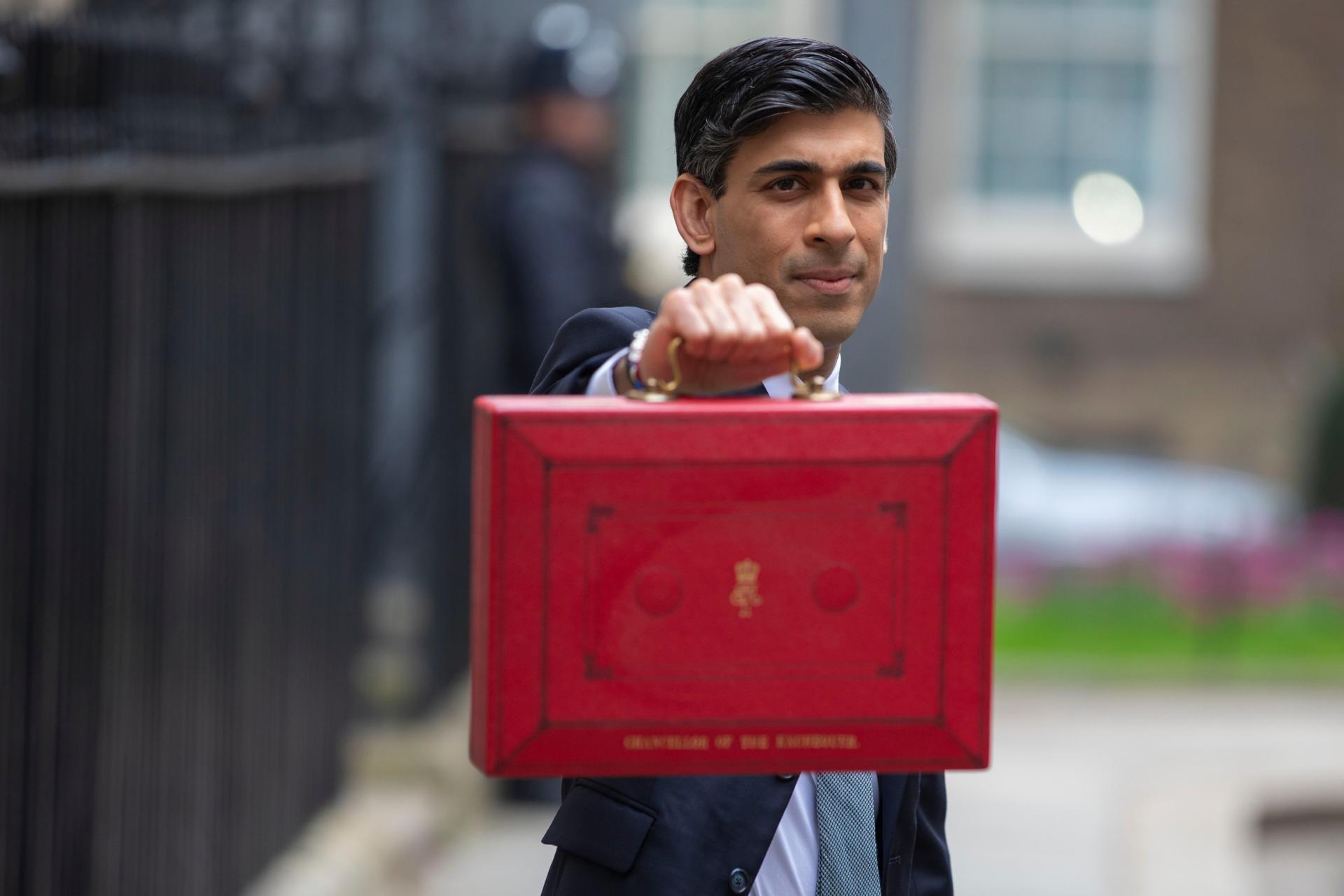What were we hoping for or anticipating on a grey day in March, nearly 12 months since the start of lockdown? Perhaps for many it wasn’t all a ray of sunshine from the Chancellor Rishi Sunak as he delivered the 2021 Budget. Whilst the announcements might not have us grabbing for the factor 50 sun cream, he certainly did provide a level of optimism for businesses and business owners.
The Chancellor highlighted that we were experiencing a swift and sustained economic recovery in the face of the pandemic. Whilst the cost of the necessary measures to support the economy, jobs and livelihoods was at a level only comparable with that faced over the period of the world wars, our long-term economic prosperity would be underpinned through investment in improving productivity, harnessing innovation and through focusing on a more sustainable and green economy which embraced technology and skills.
Our journey to the future though starts in the here and now, with, in the coming months, a focus on supporting the economy and businesses whilst at the same time safeguarding jobs, as well as ensuring those out of work or looking for work can find suitable vacancies. Certainly, it’s clear support through apprenticeships and skills training is high on the agenda.
In outlining the government’s response and support for those affected and impacted by the pandemic, the Chancellor reiterated that the roadmap for our exit out of lockdown was irreversible. It was then great to hear that measures of support for businesses, including the employees and the self employed are going to be in place for perhaps much longer, perhaps longer than might have been thought prior today. This takes into account that for many, getting back to business, reopening and returning to pre-pandemic trading levels is going to take some time, not least for sectors like the entertainment, hospitality and leisure, bricks and mortar non-essential retail, the arts and sport.
Looking at the key announcements and measures to support businesses, the workforce and the self-employed, the following were perhaps key:
- Furlough to remain in place until the end of September, with employers being asked to contribute towards salary at the rate of 10% in July and 20% in August and September
- For businesses looking for support to ‘restart’ their business there was the introduction of the Business Restart Grant, with £6,000 available to non-essential retail and £18,000 available to those in the hospitality sector. This is in addition to the provision of the new Recovery Loan Scheme which will provides loans from £25,000 up to £10,000,000.
- Those benefiting from the business rates holiday will be able to continue to do so until the end of June at which time relief will be reduced to two thirds.
- Those who are self-employed will benefit from an extension to the Self-Employed Income Support Scheme and the provision of a 4th and 5th grant application. The scheme will also now be open to those who have not been able to apply and the newly self-employed if they filed a Self-Assessment Tax Return by midnight on 2nd March.
- The hospitality and tourism sector will benefit from a continuation in the rate of VAT charged from 20% to 5% until the end of September, at which time the rate will increase to 12.5% for 6 months.
- For many small businesses facing increased and tough competition, the Chancellor announced measures to introduce a Help to Grow programme which provides management training and access to technology and financial support for purchasing software – hopefully accounting software
- In addition, the housing sector received perhaps an already anticipated boost with the extension of the removal of stamp duty on house sales up to £500,000. This will remain in place until 30th June.
Perhaps the headline grabber wasn’t the pending increase to Corporation Tax (from 19% to 25% in 2023), or the fact that duties on fuel and alcohol remain unchanged, but it was the introduction of the ‘super deduction’ tax relief available to those making business investments. The two-year tax break would allow companies to deduct 130% of their investment from their taxable income, cutting their taxes by the equivalent of 25p in the pound.
Overall it was perhaps as expected a Budget for the here and now, but the Chancellor was more than clear about the need to ensure government borrowing and the budget deficit are not only kept in check, but that the national burden of debt is reduced, whether this is in his lifetime or the next generation of chancellors, only time will tell.
We would though be naive to think we shouldn’t expect tax hikes and reform of tax legislation at a time when it might at least be more palatable. For now, given the element of certainty provided, the scene and conditions have been set for businesses to work on and put in place their roadmap to recovery.
More of our budget coverage:
- Budget 2021: What you need to know
- Budget brings renewable energy funding in North Lincolnshire
- The Humber, and East Midlands Airport, two of eight UK freeports
- Lincolnshire towns and city get over £130m regeneration funds
James Pinchbeck is Partner at Streets Chartered Accountants, a top 40 UK accountancy practice. James, as a specialist in marketing professional services, is responsible for the development and implementation of the firm's strategic marketing as well as its engagement in the community it which it works and serves. His role allows him to capitalise on his broad interest in the national and local economy as well as his passion for enterprise. As part of his wider interest in enterprise, marketing and education, James is a board member of NBV – the East Midlands Enterprise Agency, an FE College Governor and a board member of the University of Lincoln’s Business School. He is also an Institute of Director’s past Branch Chairman.







